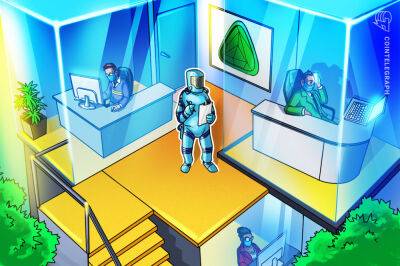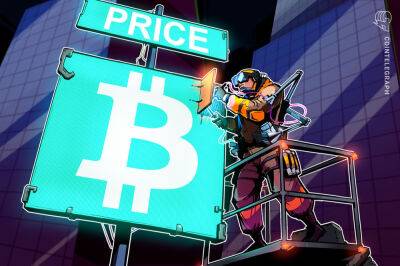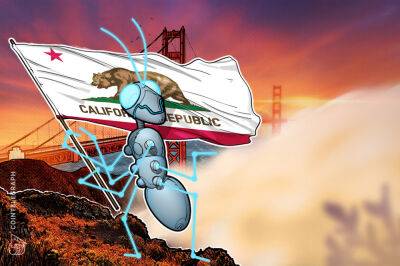Layer-1 blockchain project proposes infinite scalability as part of trilemma solution
The perfect blockchain comprises three elements: security, decentralization and scalability. The first two are said to go hand in hand, with decentralization being the backbone of blockchain technology, which requires no central authority or intermediary to operate. For this reason, Bitcoin initially arose as a solution with the ability to transfer funds without involving a central bank. Without an intermediary, security is maintained through a method of validation, where network nodes must approve a transaction.
At its foundation, early blockchains met these two criteria. Therefore, where blockchains are lacking is in the third component, scalability. With platforms like Ethereum (ETH) becoming the gold standard for decentralized applications (DApps), the number of transactions has only continued to increase, contributing to slower transaction times and higher gas fees. Consequently, an unscalable network doesn't present a strong case for technology adoption when factors such as convenience are at play.
Recognizing the need for all three elements of security, decentralization and scalability, Ethereum co-founder Vitalik Buterin introduced the concept of the trilemma. Now, a widespread industry problem, many seek a solution where all three elements can exist together. For the crypto player that can achieve this, the opportunity to become the "Ethereum Killer" (or Ethereum successor) will become theirs for the taking.
Currently in the race is the blockchain Everscale. Everscale was created by the team at TON (Telegram Open Network) Labs, eventually reworking 99% of their original solution. The resulting effort was an innovative consensus mechanism that leverages layer-1 sharding within a single protocol. That said, on the
Read more on cointelegraph.com


![IOTA [MIOTA] comes to Panama and here’s how the metrics reacted - ambcrypto.com - city Santiment - Panama - city Santimenthowever - city Santimentthis - city Santimentnext](https://finance-news.co/storage/thumbs_400/img/2022/5/5/24340_ejq.jpg)
















